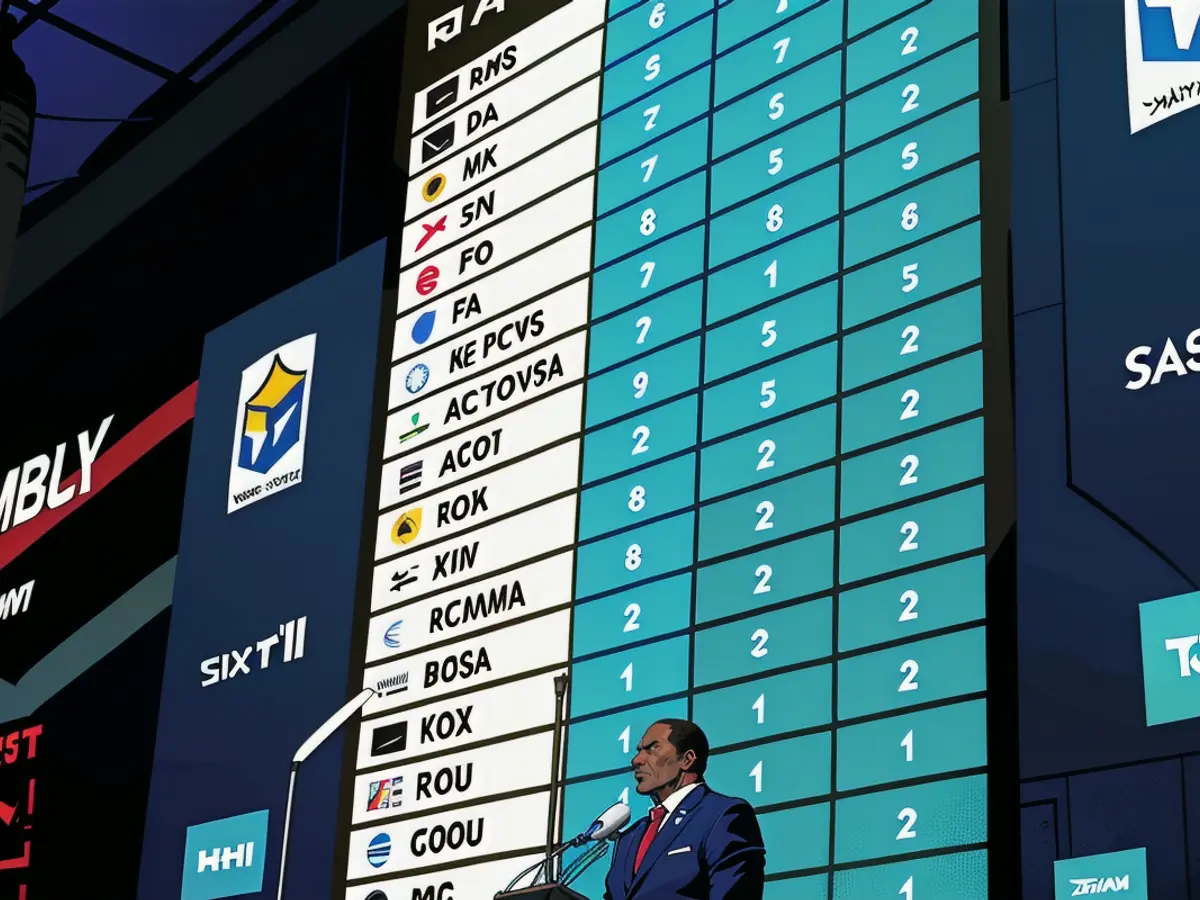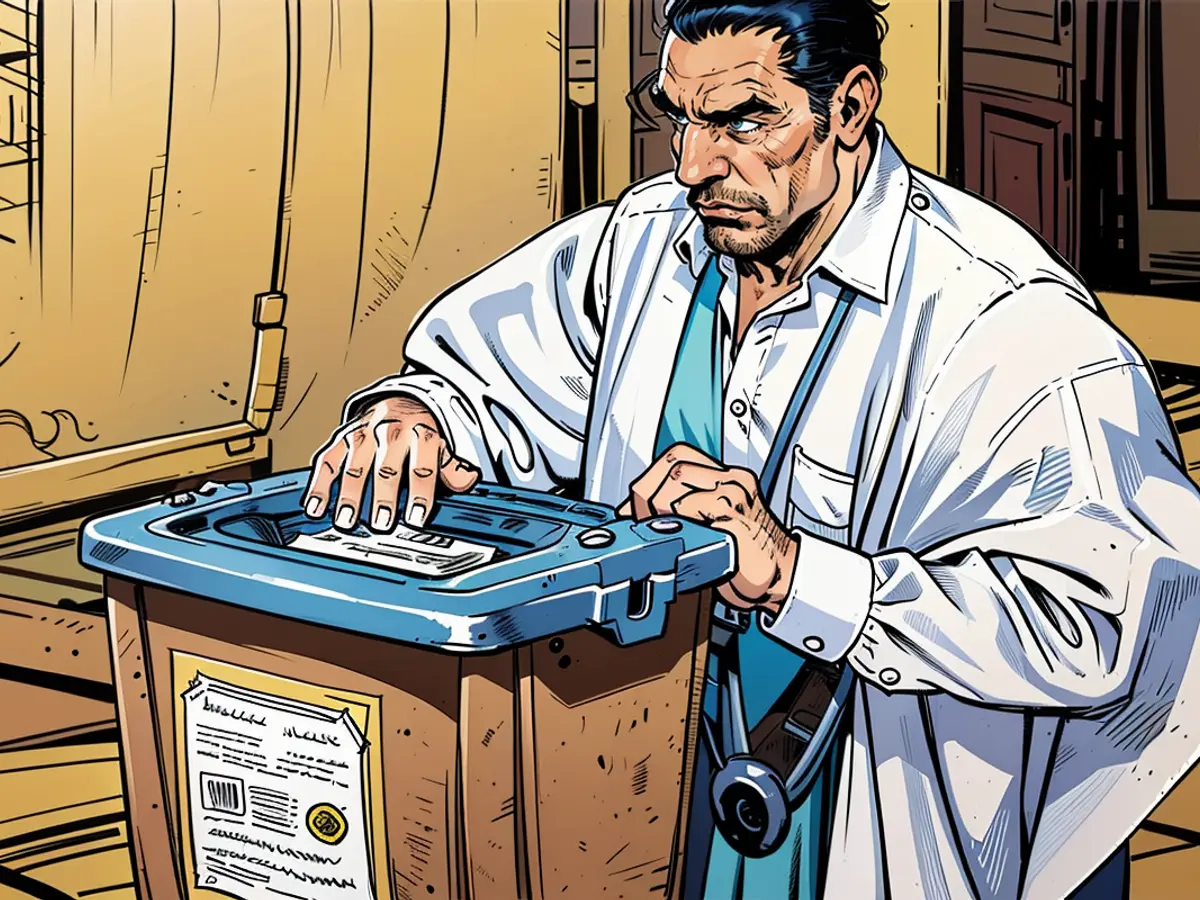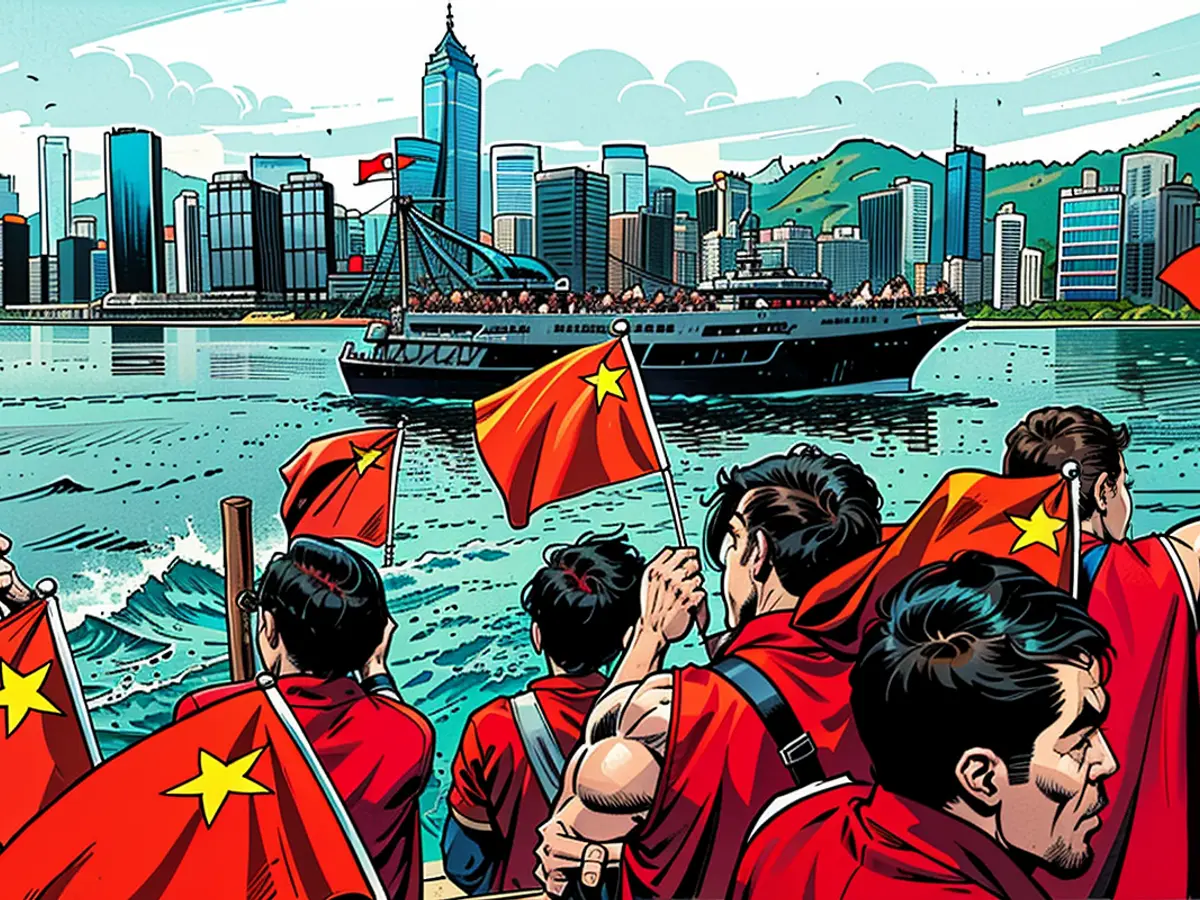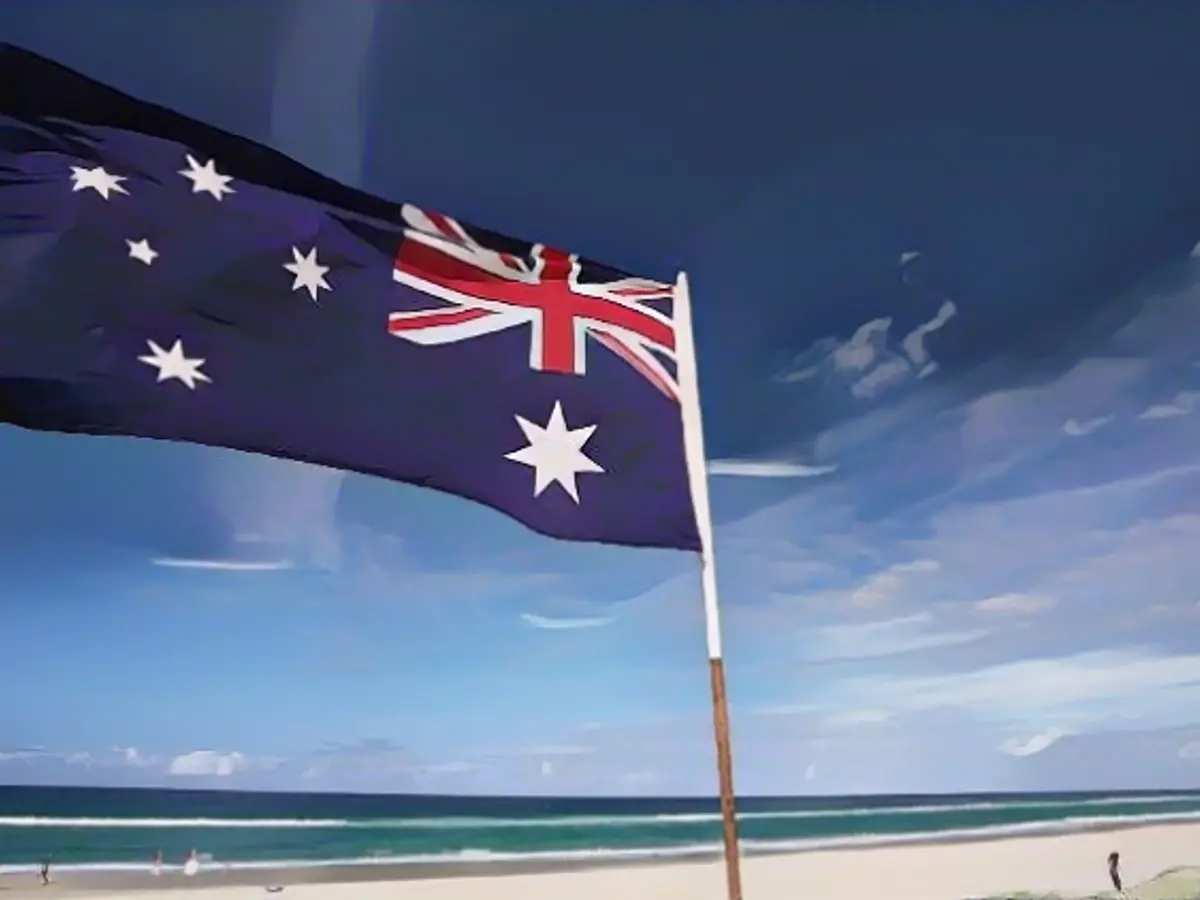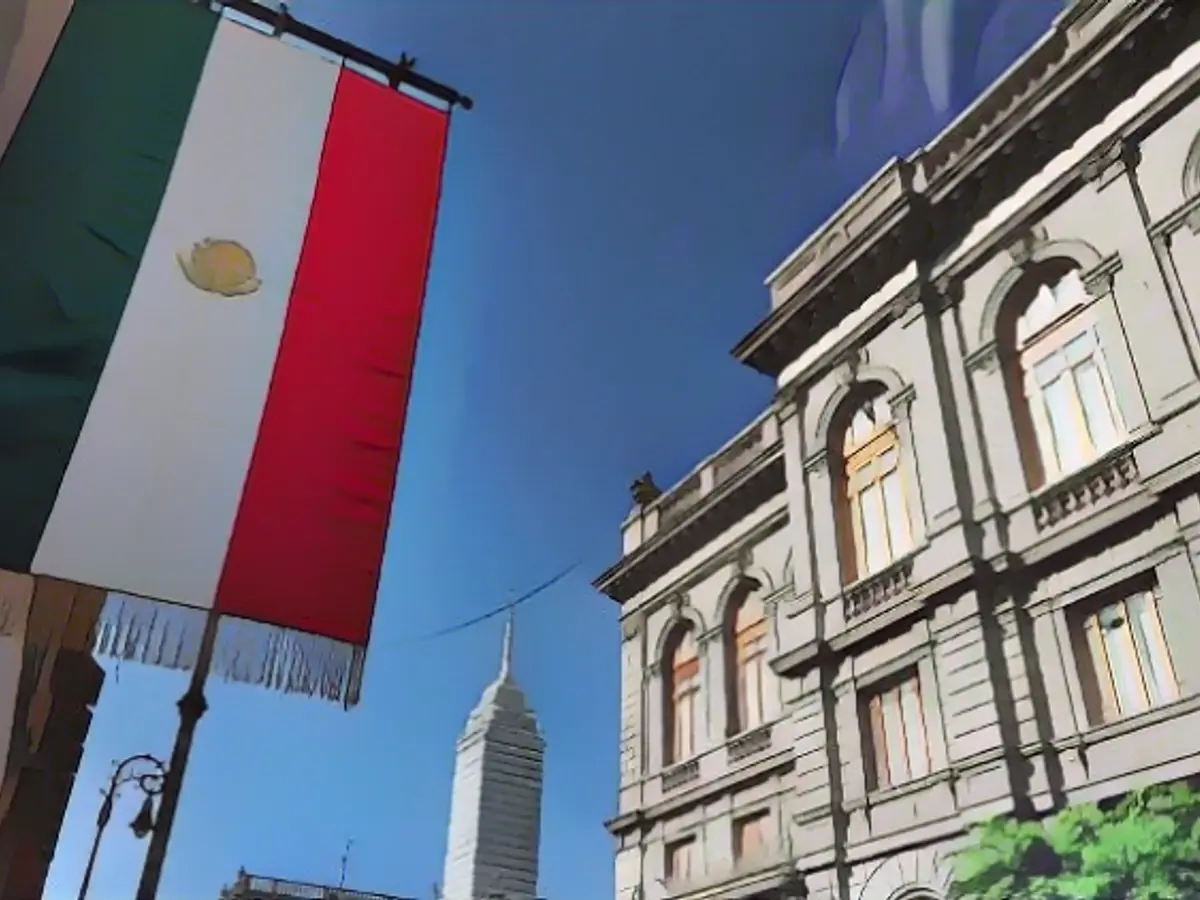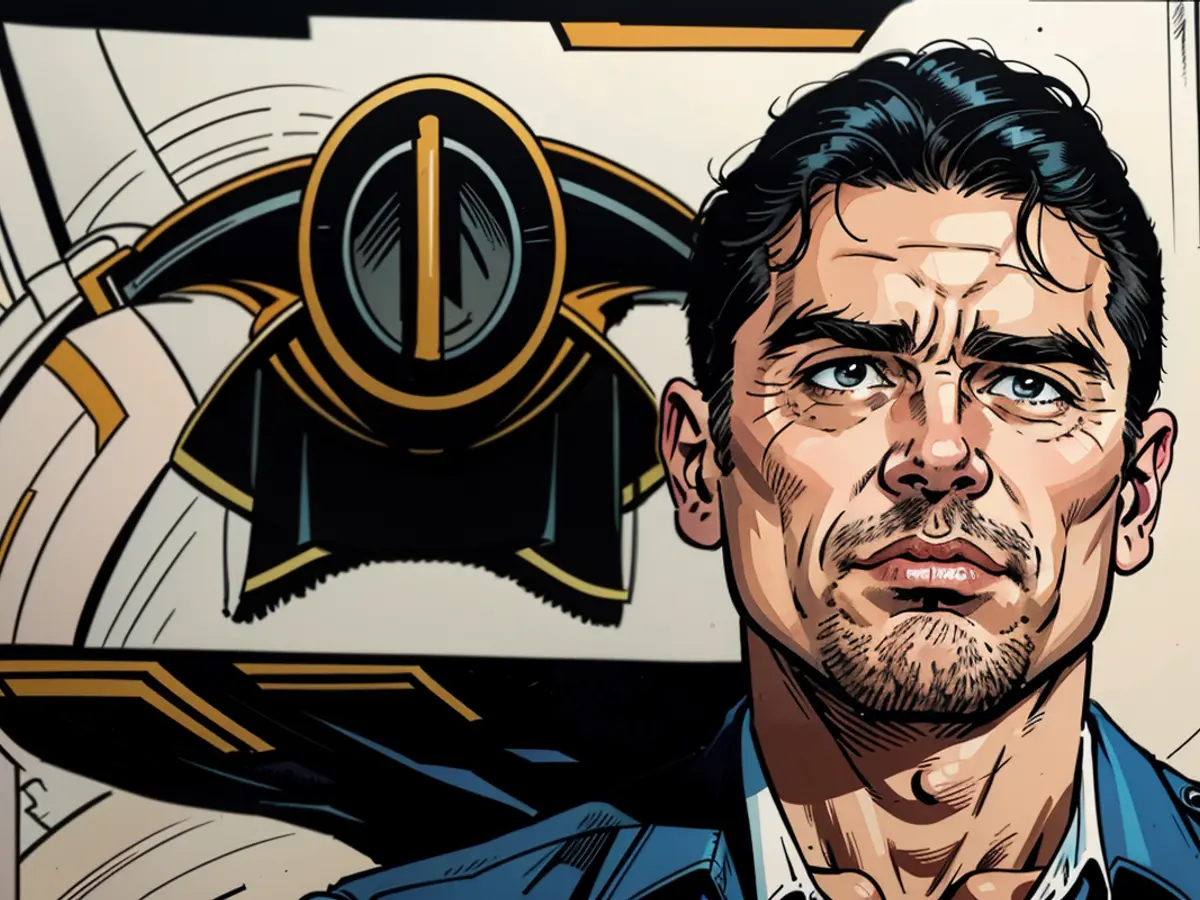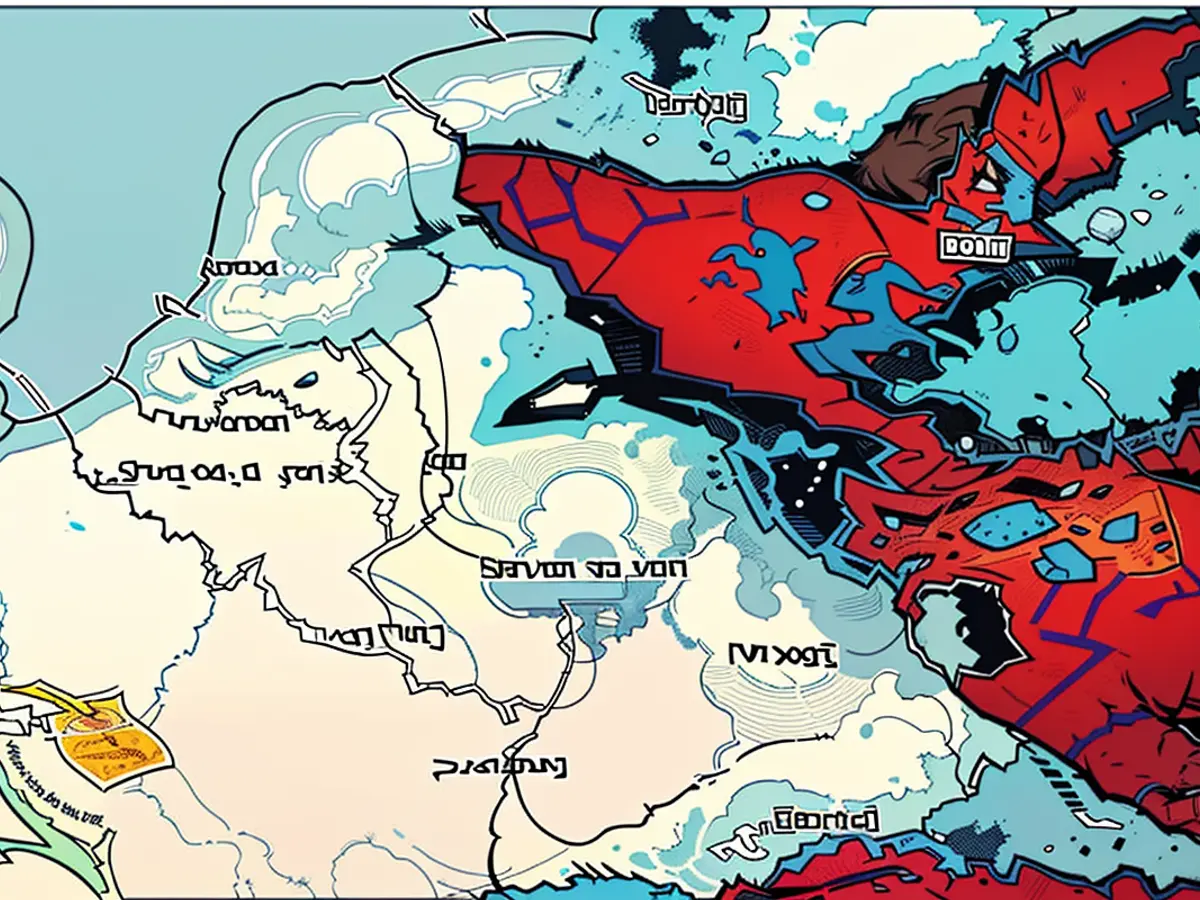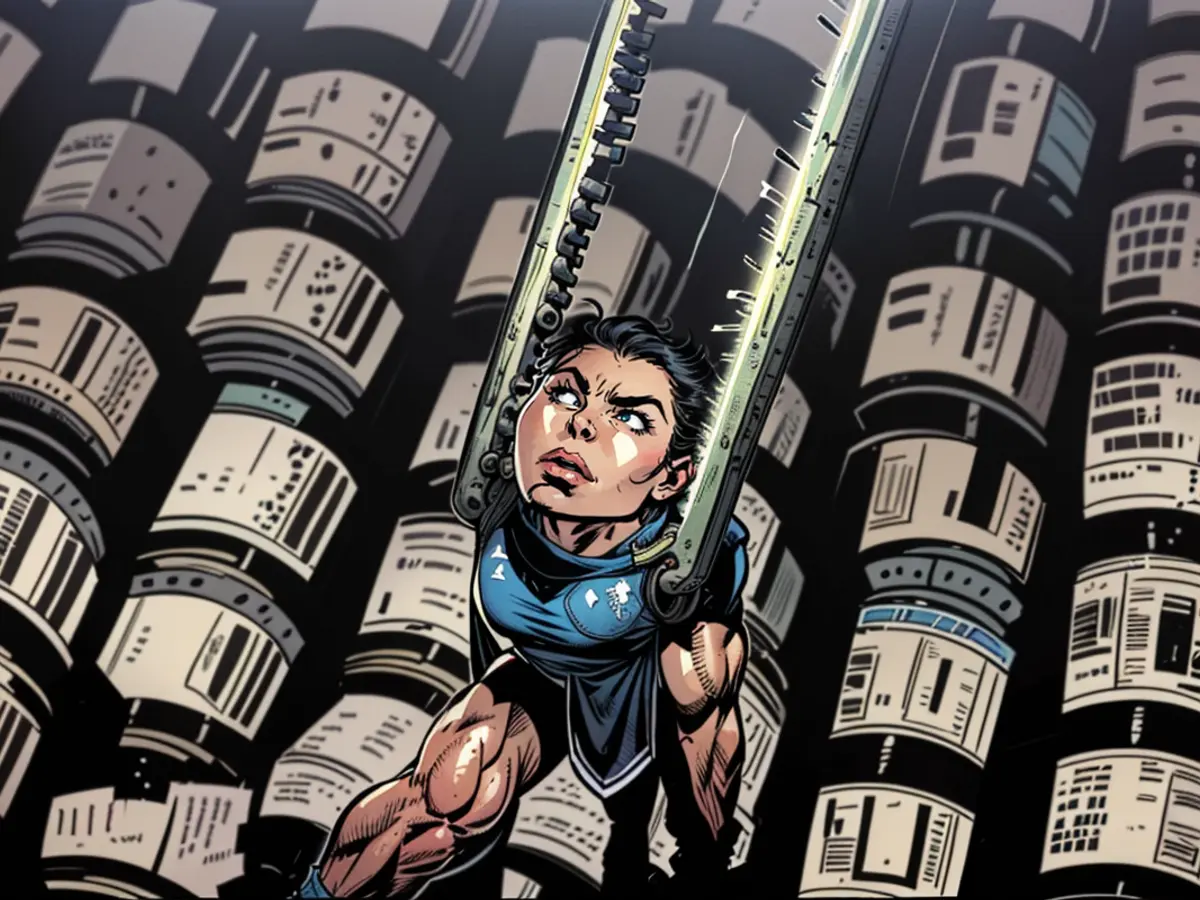Parliamentary vote - Critical juncture for South Africa: ANC faces strain following polls
In a surprising turn of events, the ruling party of South Africa, the African National Congress (ANC), has lost its absolute majority for the first time in decades. Announced by the electoral commission, the ANC has secured 159 out of 400 parliamentary seats. This is a significant loss for a party that was once led by Nelson Mandela.
The growing political frustration of South Africans has resulted in a clear demonstration at the polls. It's the first time in the country's democratic history that the ANC will not solely govern the strongest economy on the continent. President Cyril Ramaphosa acknowledged the results and called them a "turning point" for the country, urging everyone to respect the decision.
The Secretary General of the ANC, Fikile Mbalula, stated that the party wants to establish a stable and effective government to implement crucial economic and social reforms. The ANC plans to hold coalition talks with parties that could help achieve these goals in the days to come.
With a 14-day deadline, the 400 newly elected members of parliament must now form a government and elect a president. The Democratic Alliance (DA) and uMkhonto we Sizwe (MK) are potential contenders for coalition partnerships, as they are the second and third strongest parties respectively. Both currently hold 87 and 58 seats in the parliament. The politically leftist party, Economic Freedom Fighters (EFF), which advocates for land expropriation and nationalization, has secured 39 seats.
Analysts attribute the ANC's significant loss of power to weak government leadership. The country of South Africa, with 61 million inhabitants, has been grappling with a faltering economy, high unemployment, systemic corruption, rundown state-owned enterprises, and a diminished health and education sector for years. Previous President Jacob Zuma took steps to weaken the state through embezzlement and nepotism, leading to widespread protests.
Zuma, often referred to as the "Donald Trump of South Africa," is also a popular figure in the country, particularly in KwaZulu-Natal. His newly established MK party barely missed an absolute majority on a provincial level, receiving 45.91% of the votes.
Adding to the uncertainty, Zuma demanded a 're-run of the election' due to alleged electoral manipulation but did not specify the claims. His actions were viewed as a threat by political analysts, the ANC, and local media. As many as 300 citizens died during the violent protests, looting, and destruction of infrastructure that erupted after Zuma served a 14-month prison sentence for contempt of court in 2021.
Mbalula appealed for respect towards democratic elections, stating that the ANC will not tolerate any effort to undermine the process and would take action against those who threaten democracy with violence and instability.
Elections in South Africa hold great importance for Germany and Europe due to economic ties. It's the most powerful economy in Africa and seen as an essential entry point to a continent that is becoming increasingly significant due to its natural resources, crucial for the transition to renewable energy. South Africa is the only African member of the G20.
